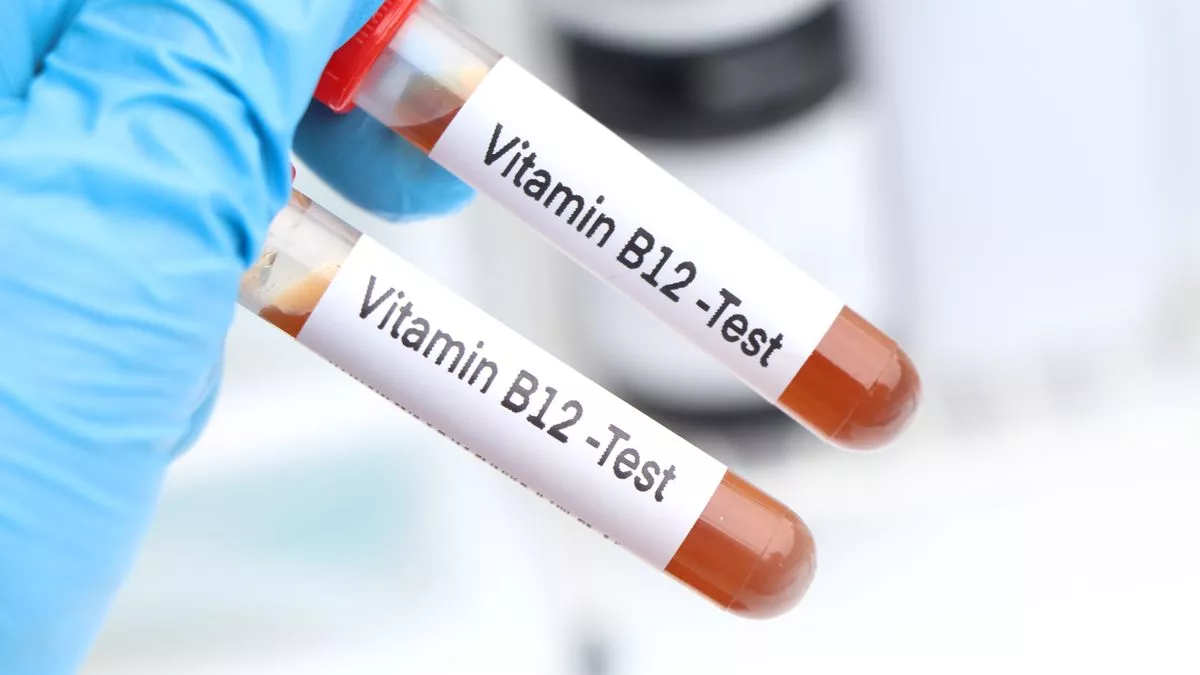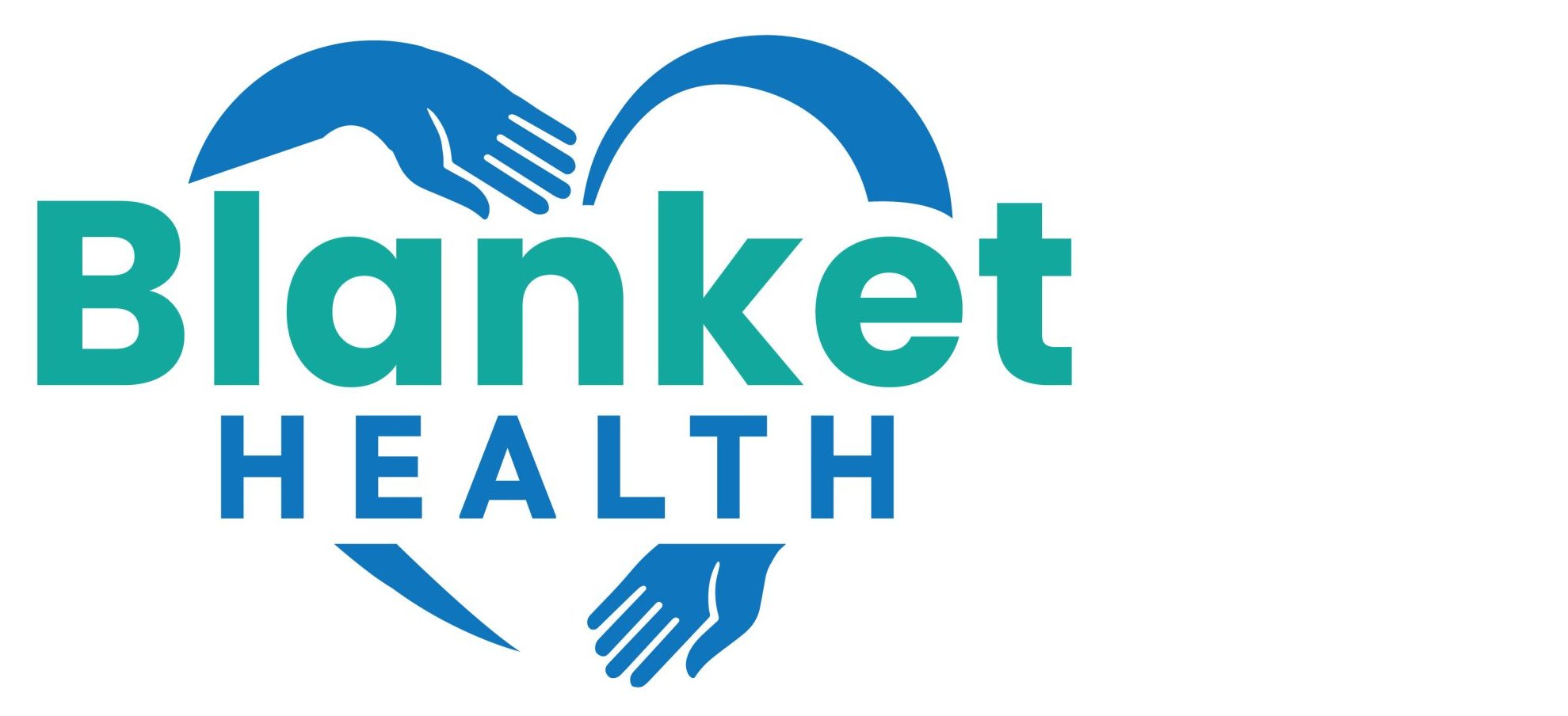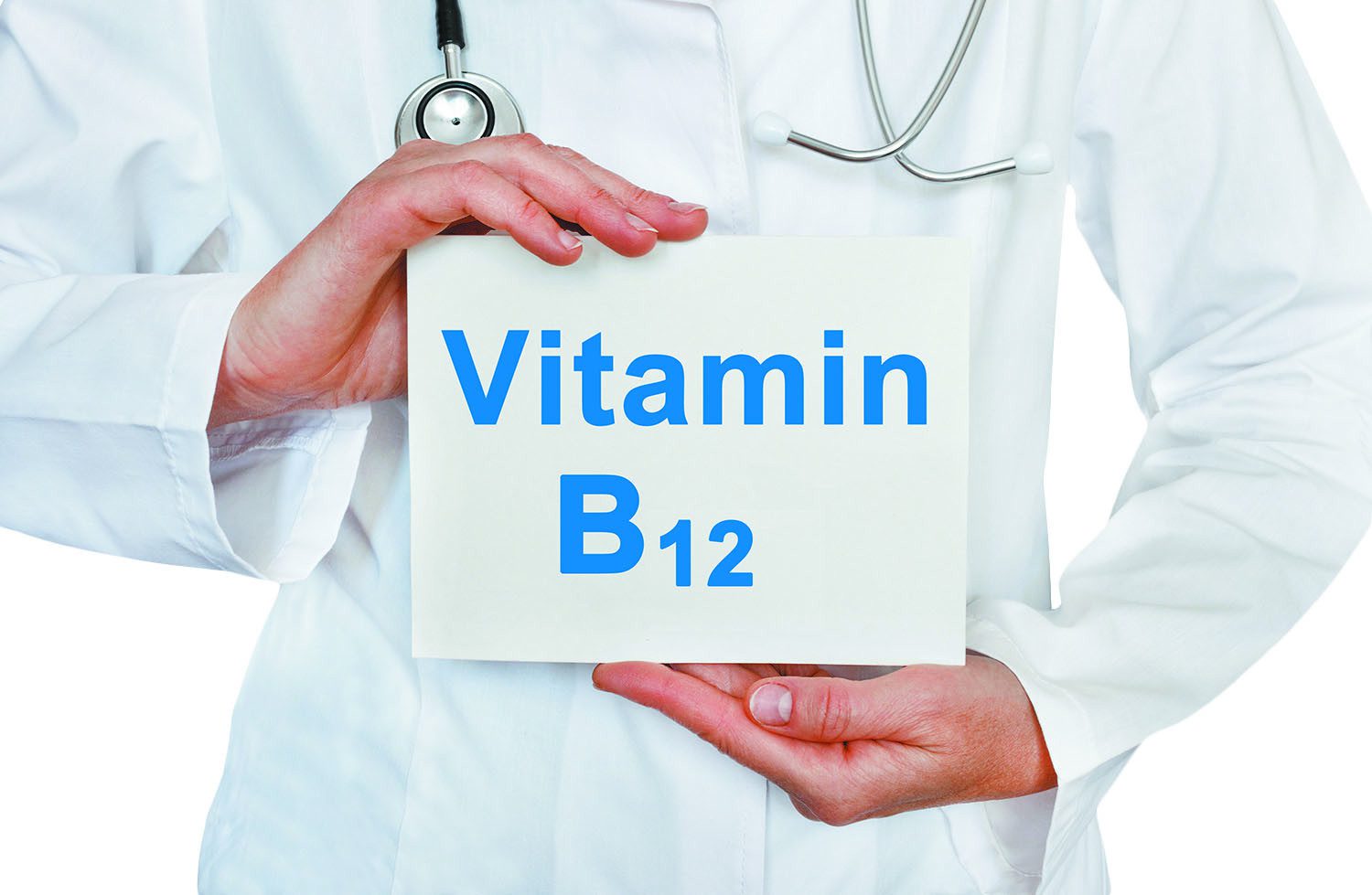Vitamin B12, also known as cobalamin, is a vital water-soluble vitamin that plays a crucial role in various bodily functions, including red blood cell formation, neurological health, and DNA synthesis. A deficiency in vitamin B12 can lead to a range of health issues, making replacement therapy essential for individuals with low B12 levels. In this comprehensive guide, we will explore the importance of vitamin B12, the reasons for deficiency, the methods of replacement, and key considerations to ensure effective B12 supplementation.
I. The Importance of Vitamin B12
Vitamin B12 is indispensable for numerous bodily processes. Its key functions include:
- Red Blood Cell Production: Vitamin B12 is essential for the formation of healthy red blood cells. Without an adequate supply of B12, red blood cells become abnormally large and less effective at carrying oxygen, leading to anemia.
- Neurological Health: B12 is crucial for the maintenance of the nervous system. Deficiency can result in neurological symptoms such as numbness, tingling, memory problems, and even nerve damage.
- DNA Synthesis: B12 is involved in the synthesis of DNA, which is essential for cell growth and division. Adequate B12 levels are necessary for normal cell function and tissue repair.
II. Reasons for Vitamin B12 Deficiency
Several factors can contribute to vitamin B12 deficiency, including:
- Dietary Insufficiency: A primary cause of B12 deficiency is a diet lacking in animal-based foods (meat, fish, dairy, and eggs). Vegans and vegetarians are at higher risk unless they consume fortified foods or B12 supplements.
- Gastrointestinal Disorders: Conditions that affect the absorption of nutrients in the gastrointestinal tract, such as pernicious anemia, celiac disease, Crohn’s disease, and gastric bypass surgery, can lead to B12 deficiency.
- Medications: Certain medications, particularly proton pump inhibitors (PPIs) and metformin, can interfere with B12 absorption over time.
- Age: As people age, their ability to absorb B12 from food decreases. This can lead to higher rates of B12 deficiency among older adults.
III. Methods of Vitamin B12 Replacement
 There are several effective methods for vitamin B12 replacement:
There are several effective methods for vitamin B12 replacement:
- Dietary Sources: For individuals with mild deficiency or those at risk of deficiency due to dietary choices, increasing the intake of B12-rich foods is an option. These foods include meat, poultry, fish, dairy products, eggs, and fortified cereals.
- Oral Supplements: Vitamin B12 supplements are widely available in oral form, including tablets, capsules, and liquid formulations. These supplements are suitable for individuals with mild to moderate deficiency, dietary restrictions, or absorption issues.
- Intramuscular Injections: In severe cases of B12 deficiency or when there is impaired absorption in the gastrointestinal tract, healthcare providers may recommend B12 injections. Intramuscular injections ensure direct absorption into the bloodstream, bypassing the digestive system.
- Nasal Spray: Some individuals prefer B12 replacement via nasal spray, which is absorbed through the nasal mucosa. Nasal B12 can be effective for those who cannot tolerate oral supplements or injections.
- Sublingual Tablets: Sublingual B12 tablets are dissolved under the tongue, allowing for direct absorption into the bloodstream. They are suitable for individuals who have difficulty swallowing or absorbing B12 through the gastrointestinal tract.
IV. Considerations for Effective B12 Supplementation
When considering vitamin B12 replacement, several factors should be taken into account to ensure effectiveness and safety:
- Consult a Healthcare Provider: Before initiating B12 replacement, consult a healthcare provider to determine the most suitable method and dosage based on your individual needs and the underlying cause of deficiency.
- Monitor B12 Levels: Regular monitoring of B12 levels through blood tests is crucial to assess the effectiveness of supplementation and adjust the dosage as needed.
- Adherence to Treatment: Consistency in taking B12 supplements or receiving injections is essential. Missing doses or discontinuing treatment prematurely can lead to a recurrence of deficiency symptoms.
- Address Underlying Causes: If B12 deficiency is due to an underlying medical condition or medication, it is crucial to address and manage the root cause in addition to supplementation.
- Watch for Allergic Reactions: Some individuals may be sensitive or allergic to certain forms of B12 supplements. If you experience adverse reactions, such as itching, swelling, or difficulty breathing, seek immediate medical attention.
- Consider Lifestyle Changes: For individuals with dietary restrictions, such as vegans or vegetarians, incorporating fortified foods or B12 supplements into their routine is essential to maintain adequate B12 levels.
Vitamin B12 is a critical nutrient for overall health, with essential roles in red blood cell production, neurological function, and DNA synthesis. Deficiency in B12 can lead to a range of health problems, making B12 replacement therapy vital for affected individuals. Whether through dietary sources, oral supplements, injections, nasal sprays, or sublingual tablets, B12 replacement should be guided by healthcare providers to ensure effectiveness and safety. Monitoring B12 levels, addressing underlying causes, and maintaining treatment adherence are key to successfully managing B12 deficiency and promoting overall well-being.



 There are several effective methods for vitamin B12 replacement:
There are several effective methods for vitamin B12 replacement: The severity of your B12 deficiency is a critical factor in choosing the appropriate replacement method. For individuals with mild to moderate deficiencies, oral supplements, sublingual tablets, or dietary adjustments may suffice. These methods are generally effective and convenient for maintaining B12 levels within the recommended range. However, if your deficiency is severe or if you have absorption problems, your healthcare provider may recommend more direct methods such as B12 injections or nasal spray. Injections ensure rapid absorption into the bloodstream, bypassing any gastrointestinal barriers, making them a suitable choice for those with absorption issues.
The severity of your B12 deficiency is a critical factor in choosing the appropriate replacement method. For individuals with mild to moderate deficiencies, oral supplements, sublingual tablets, or dietary adjustments may suffice. These methods are generally effective and convenient for maintaining B12 levels within the recommended range. However, if your deficiency is severe or if you have absorption problems, your healthcare provider may recommend more direct methods such as B12 injections or nasal spray. Injections ensure rapid absorption into the bloodstream, bypassing any gastrointestinal barriers, making them a suitable choice for those with absorption issues.
